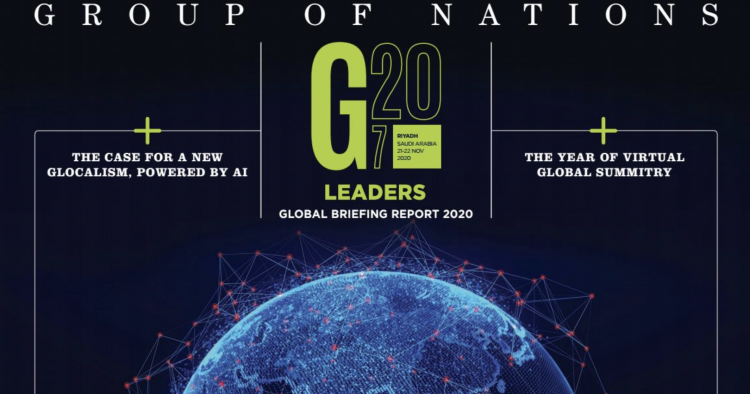This year, the G20 summit will be held virtually. As a result, the world will be deprived of the customary images that surround these events... the group photos, the glittering halls wither flag-festooned conference tables, the luxurious surroundings where the world's most powerful political leaders gather to bread bread and discuss the critical issues of the day over lavish banquets.
But the very need to hold the summit virtually underlines the significant challenges that confront the world today and makes its agenda...empowering people, safeguarding the planet, and shaping new frontiers...so vital for a world decimated by the Covid-19 global pandemic.
In 1933, as the United States sank deeper into the economic calamity of the Great Depression, newly-elected President Franklin Roosevelt used that disaster to generate one of the greatest bursts of social and economic creativity the country has ever seen. Indeed, the foundational result of that moment was the implementation of the basic pillars of the U.S. social safety net that exist today.
Similarly, a world beset by pandemic and its associated economic collapse can use this moment to build the new institutions and political, economic, and social infrastructures that will make for a stronger, more resilient, more sustainable future for all of the earth's population.
Excerpted from the 2020 Group of Nations Global Briefing Report (pp.26-27)
The Middle East Institute (MEI) is an independent, non-partisan, non-for-profit, educational organization. It does not engage in advocacy and its scholars’ opinions are their own. MEI welcomes financial donations, but retains sole editorial control over its work and its publications reflect only the authors’ views. For a listing of MEI donors, please click here.













